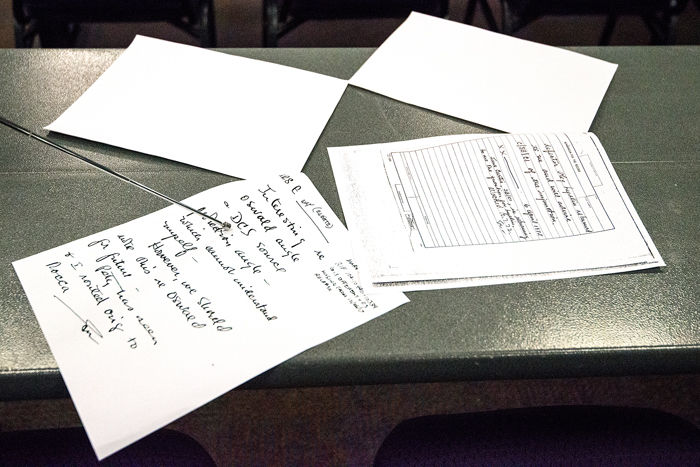 13 November 2017|For the numbers people among us, I’ve updated the 2017 Documents Project page above to break down the 4 document releases so far, by formerly withheld vs. redacted, and by agency within each group. Some interesting findings while compiling it. See the table at the top of the linked page.
13 November 2017|For the numbers people among us, I’ve updated the 2017 Documents Project page above to break down the 4 document releases so far, by formerly withheld vs. redacted, and by agency within each group. Some interesting findings while compiling it. See the table at the top of the linked page.Rolling Releases After October 26: The Current Status by Rex Bradford
 13 November 2017|For the numbers people among us, I’ve updated the 2017 Documents Project page above to break down the 4 document releases so far, by formerly withheld vs. redacted, and by agency within each group. Some interesting findings while compiling it. See the table at the top of the linked page.
13 November 2017|For the numbers people among us, I’ve updated the 2017 Documents Project page above to break down the 4 document releases so far, by formerly withheld vs. redacted, and by agency within each group. Some interesting findings while compiling it. See the table at the top of the linked page.




 Robarge says that Morley “asserts that Angleton stressed Lee Harvey Oswald’s Cuban ties so the White House would activate NORTHWOODS,“
Robarge says that Morley “asserts that Angleton stressed Lee Harvey Oswald’s Cuban ties so the White House would activate NORTHWOODS,“


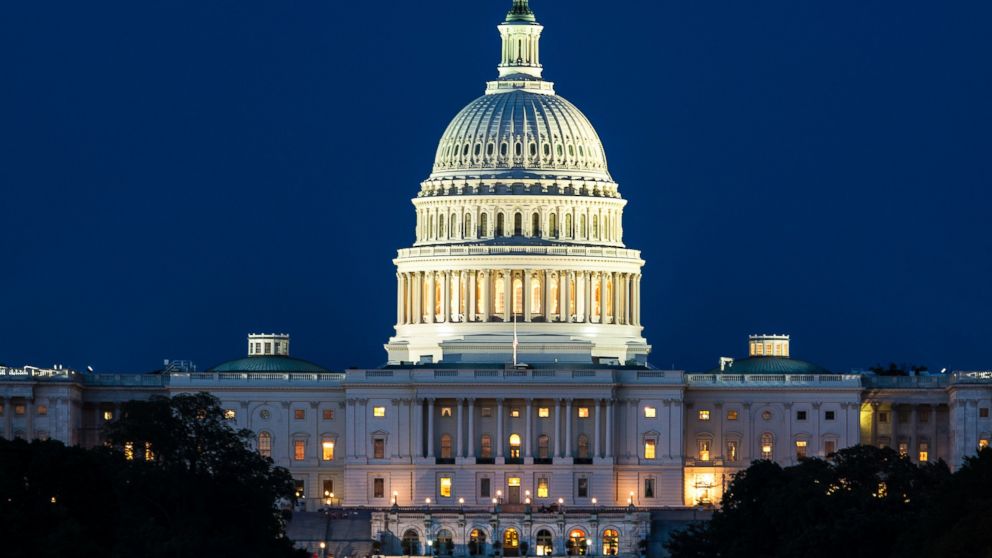
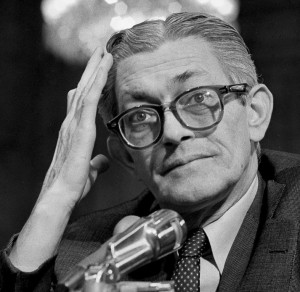
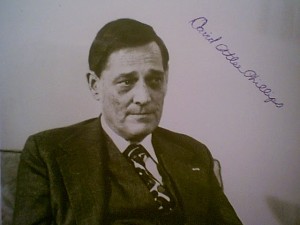

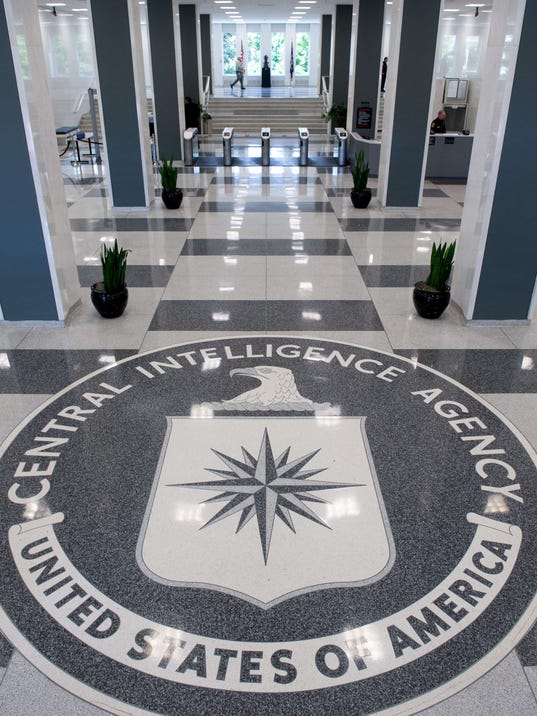 There has been no explanation, let alone a presidential certification, that the massive redactions in these “released in full” documents meet any of the mandatory exemptions that allow withholding. No identifiable harm is specified. No rationale is given as to why the secrets protected outweigh the public interest in disclosure. These files are not in compliance with the law no matter what the main stream media says. They are an in-your-face flipped bird to the American public. They basically tell us that the CIA is saying that they don’t have to comply with the law of the land and that they will not tell us their secrets and that there is nothing we can do about it. I’ve been here before. It was in a small room in CIA Headquarters in late 1978. I had been fighting to see a file generated by the CIA debriefing of Johnny Roselli. Scott Breckinridge and George Joannides had just handed me a highly redacted file that violated the HSCA/CIA Memorandum of Understanding mandating unexpurgated access by HSCA to CIA files. They stood by, grinning, as they watched my reaction upon opening the file to find it largely expurgated. They were grinning so hard because they knew they had waited out the HSCA and there was nothing I could do about it. The Angleton strategy still worked. It is still working today.
There has been no explanation, let alone a presidential certification, that the massive redactions in these “released in full” documents meet any of the mandatory exemptions that allow withholding. No identifiable harm is specified. No rationale is given as to why the secrets protected outweigh the public interest in disclosure. These files are not in compliance with the law no matter what the main stream media says. They are an in-your-face flipped bird to the American public. They basically tell us that the CIA is saying that they don’t have to comply with the law of the land and that they will not tell us their secrets and that there is nothing we can do about it. I’ve been here before. It was in a small room in CIA Headquarters in late 1978. I had been fighting to see a file generated by the CIA debriefing of Johnny Roselli. Scott Breckinridge and George Joannides had just handed me a highly redacted file that violated the HSCA/CIA Memorandum of Understanding mandating unexpurgated access by HSCA to CIA files. They stood by, grinning, as they watched my reaction upon opening the file to find it largely expurgated. They were grinning so hard because they knew they had waited out the HSCA and there was nothing I could do about it. The Angleton strategy still worked. It is still working today.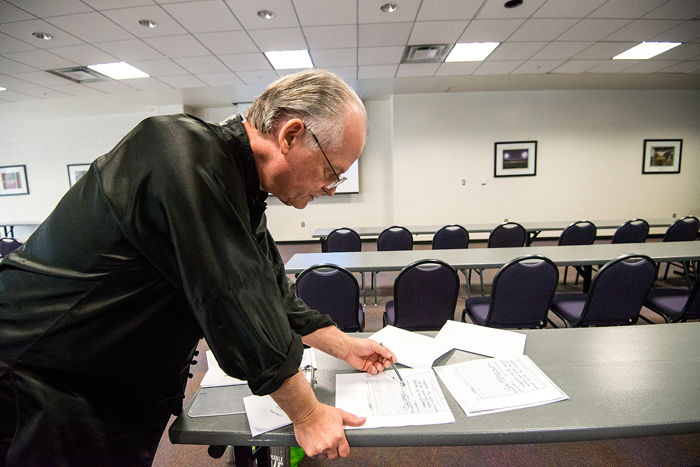 By VIC BRADSHAW Daily News-Record
By VIC BRADSHAW Daily News-Record